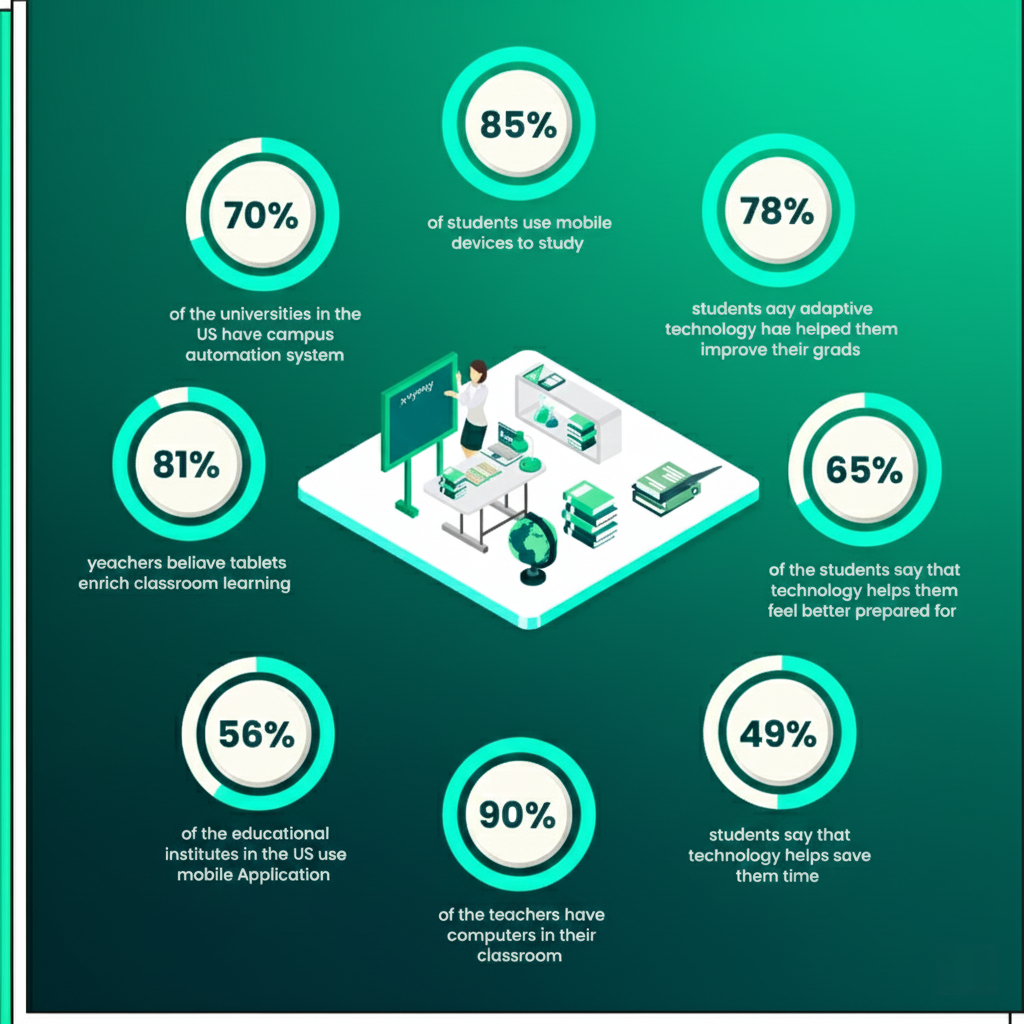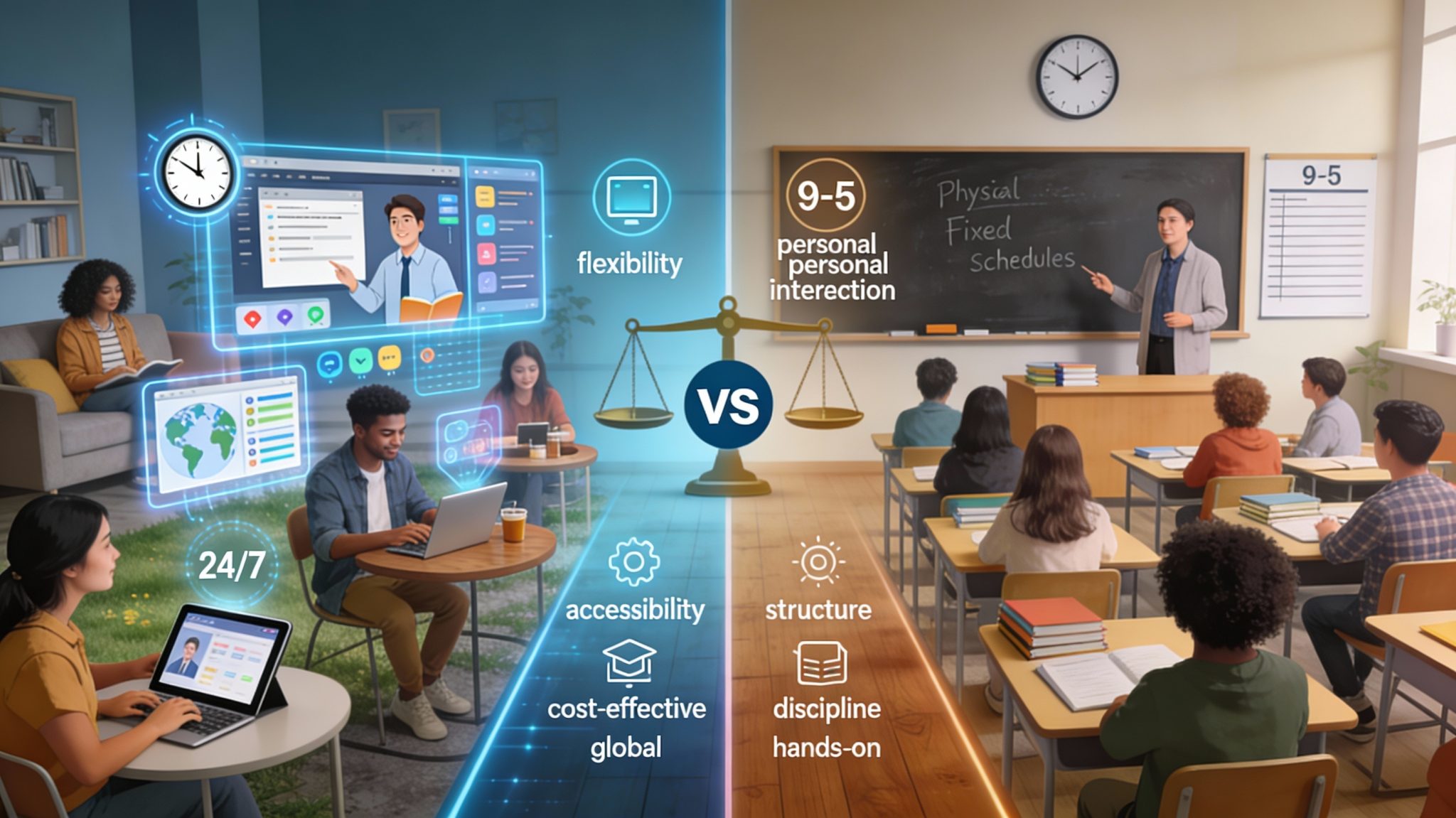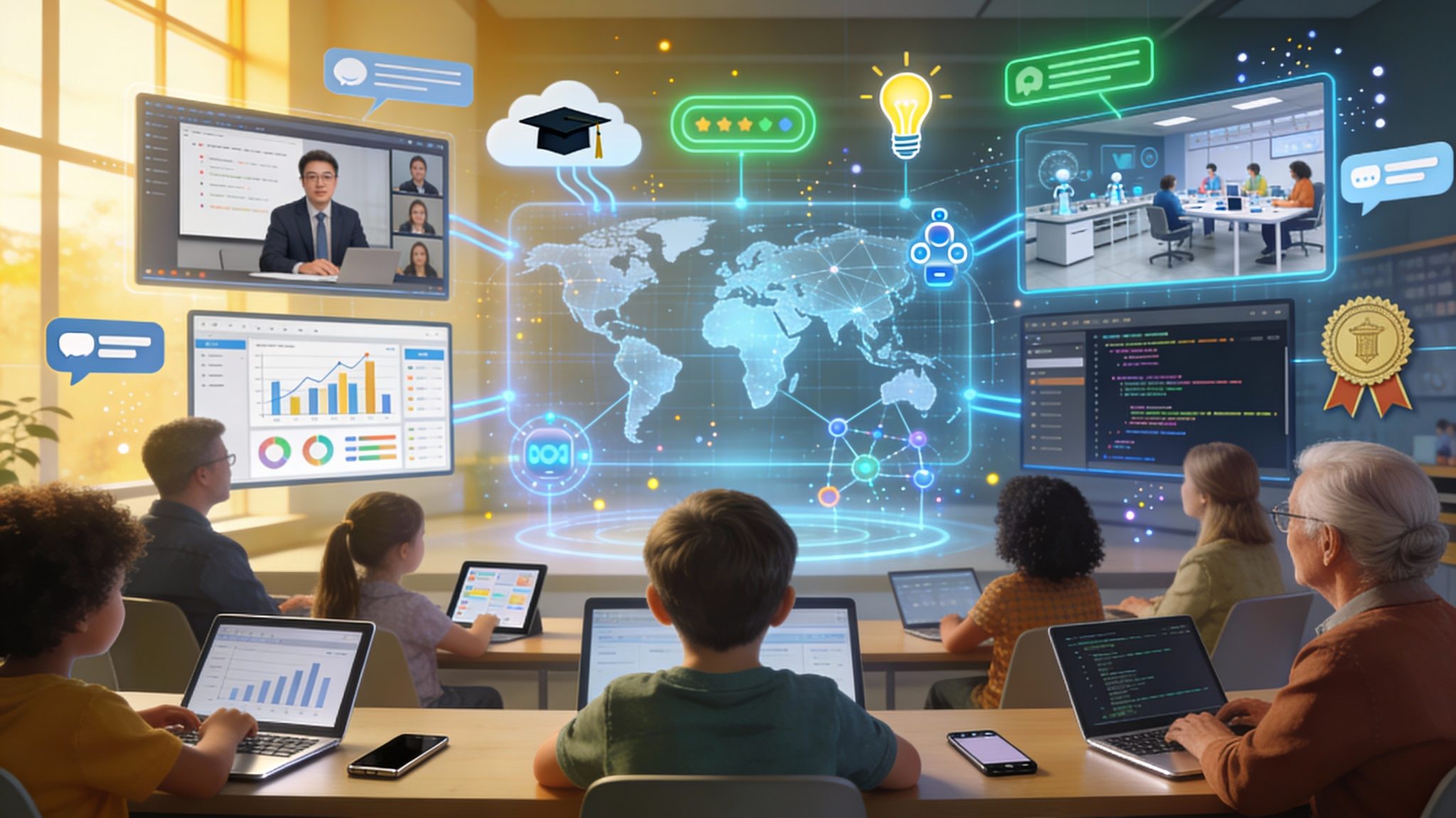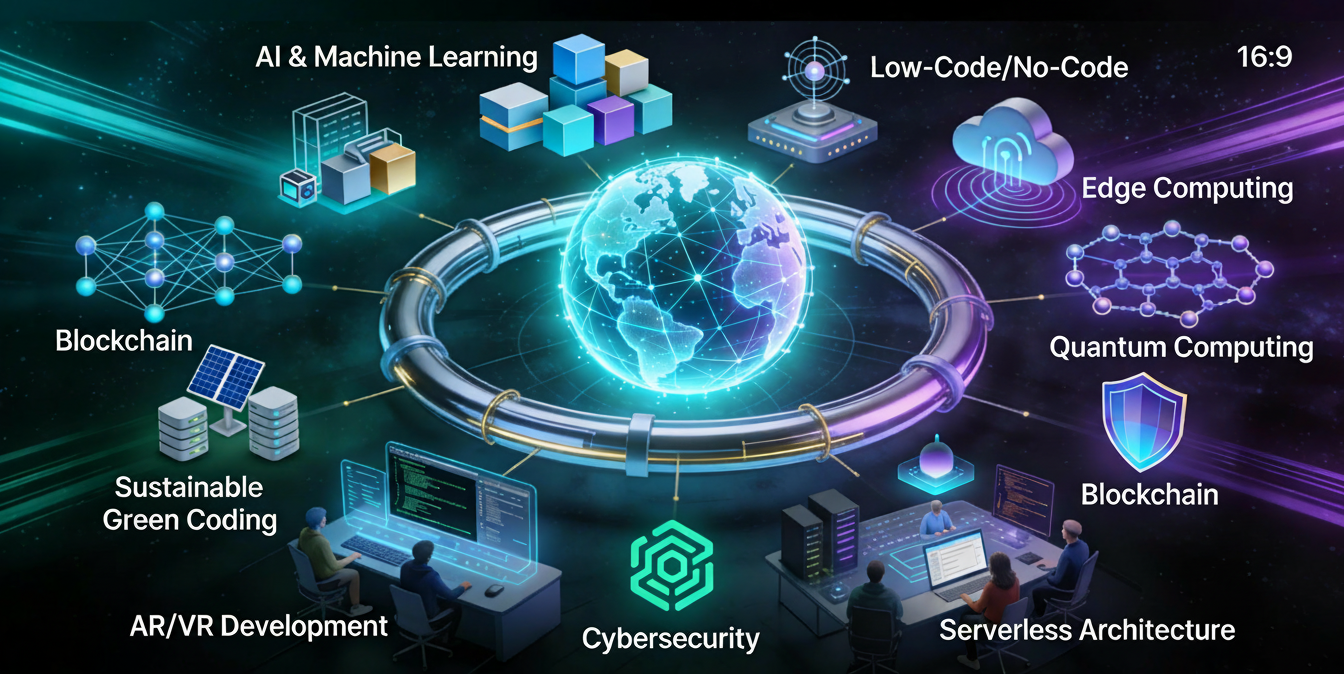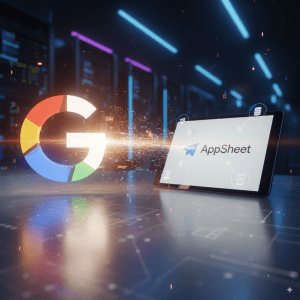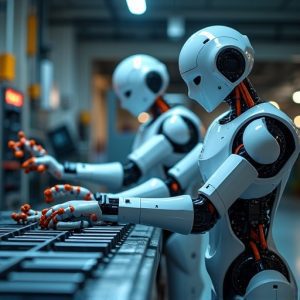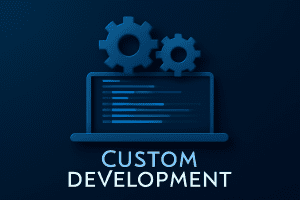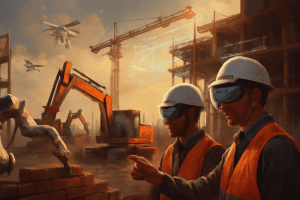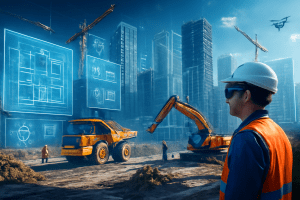Introduction
Artificial Intelligence (AI) is no longer a technology of the distant future—it is an integral part of daily life and a driving force behind innovation across industries. The modern era sees AI embedded in everything from our smartphones to large-scale industrial operations, redefining efficiency, convenience, and even the way we make decisions .
How AI Shapes Daily Life
-
Personalized Assistants: Voice-activated helpers like Siri and Alexa handle scheduling, reminders, and even home automation tasks .
-
Smart Recommendations: Streaming platforms, online shopping, and social networks use AI to personalize content, increasing user engagement and satisfaction .
-
Healthcare Tools: AI-driven diagnostics and medical assistants help provide faster disease identification and personalized treatments .
Major Applications of AI in Modern Industries
| Industry | Key AI Applications | Impact/Benefit |
|---|---|---|
| Healthcare | Diagnostic tools, personalized treatment | Increased accuracy, faster outcomes |
| Finance | Fraud detection, risk assessment | Enhanced security, improved decision-making |
| Manufacturing | Predictive maintenance, quality control | Reduced downtime, cost savings |
| Retail | Personalization, chatbots, inventory management | Improved customer experience |
| Transportation | Autonomous vehicles, smart traffic management | Safer roads, optimized routes |
| Education | Adaptive learning platforms, automated grading | Tailored instruction, efficiency |
Economic and Social Impact
-
Efficiency and Productivity: Businesses adopting AI experience greater productivity, streamlined operations, and lower costs.
-
Job Transformation: While AI automates many routine tasks, it also generates new roles requiring advanced skills, prompting a shift toward upskilling and reskilling in the workforce.
-
Global Economy: AI technologies are projected to add trillions of dollars to the global GDP by 2030 through enhanced productivity and innovation.
Challenges and Ethical Considerations
-
Data Privacy & Security: With more personal information processed by AI, concerns about privacy and securing sensitive data have grown .
-
Bias and Fairness: Algorithms can inadvertently reinforce societal biases, impacting decisions in areas like hiring or lending.
-
Job Displacement: Although AI creates opportunities, automation also puts some professions at risk, necessitating a focus on workforce adaptation and education .
Future Trends: What’s Next for AI?
-
Explainable AI: As AI decisions influence more aspects of life, transparency and interpretability are becoming vital for trust and regulatory compliance .
-
Sustainability: AI will be pivotal in optimizing resource use, monitoring environmental impact, and driving sustainable practices across industries .
-
Autonomous Systems: Advances in robotics and self-driving cars are set to make transportation, logistics, and even household chores more efficient .
Conclusion
The engagement of AI in the modern era is profound and rapidly growing. Its influence is reshaping industries, transforming daily life, and raising new opportunities and challenges. As organizations and individuals, adapting to these changes, focusing on ethical development, and lifelong learning will be key to harnessing AI’s full potential .

